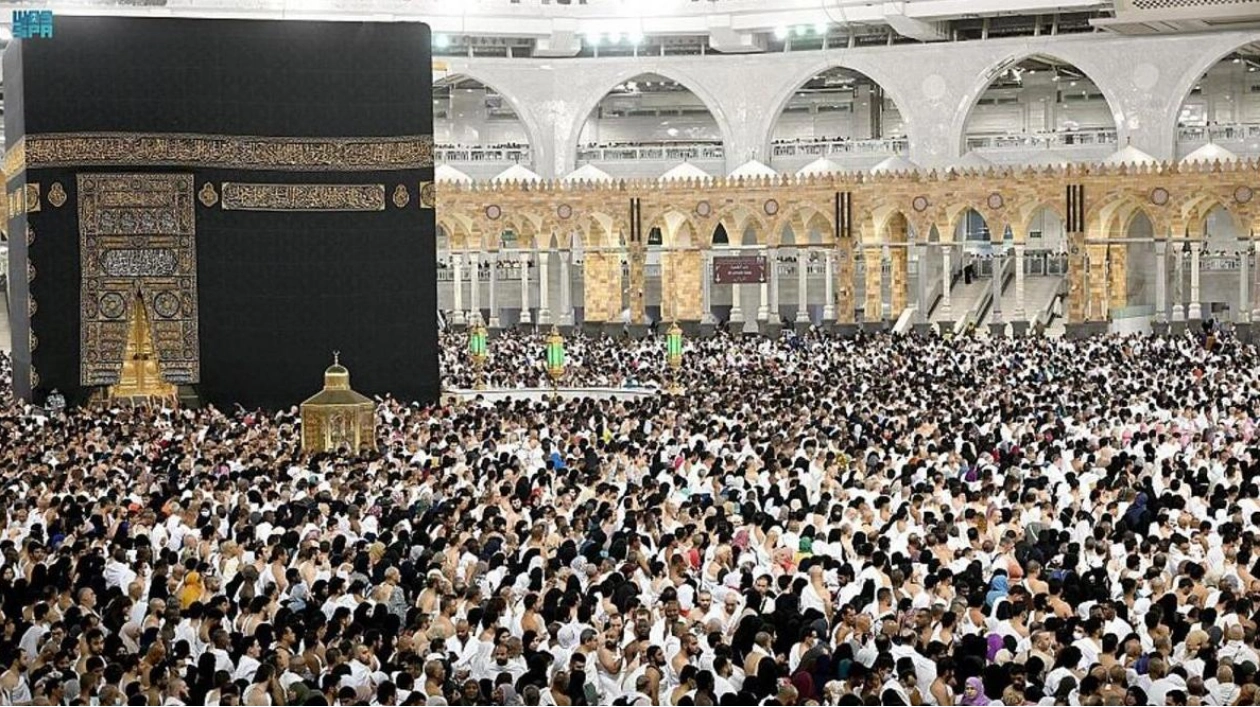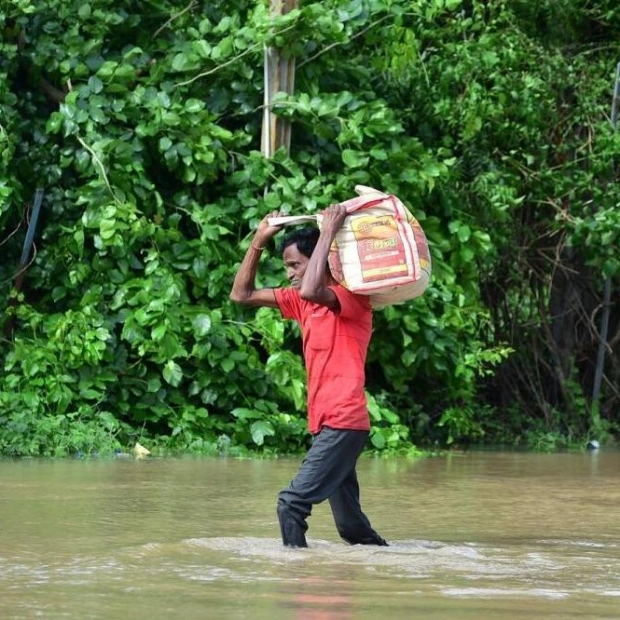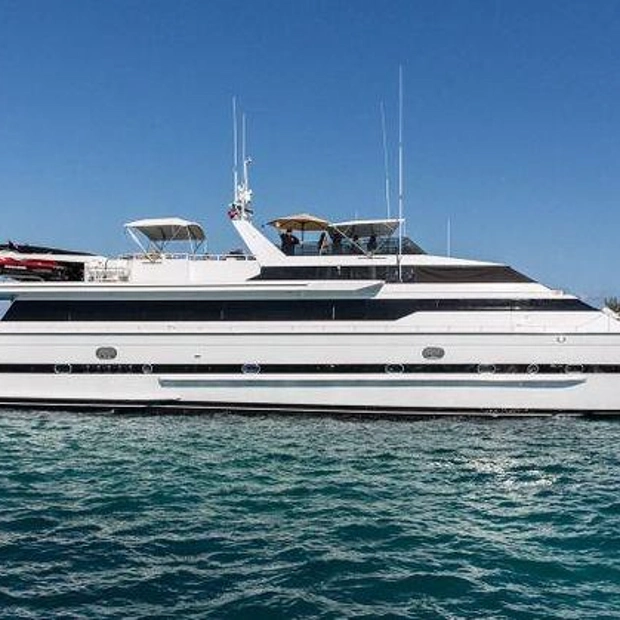On Saturday, Saudi Arabia announced that security forces had removed hundreds of thousands of unregistered pilgrims from Makkah prior to the Hajj. Managing crowds is a significant issue during this annual pilgrimage, one of the five pillars of Islam, which attracted over 1.8 million Muslims last year, as per official data. Recently, 153,998 foreign visitors were denied entry into the holy city, which houses the Grand Mosque, as they arrived on tourist visas instead of the mandatory Hajj visas, as reported by the Saudi Press Agency. Furthermore, Saudi authorities have detained 171,587 individuals who are based in Saudi Arabia but are not residents of Mecca and lacked the necessary Hajj permits, according to SPA. Hajj, which commenced on June 14, is a duty that must be performed at least once by all financially and physically able Muslims. It comprises a set of rituals that are completed over a minimum of four days in Makkah and its vicinity in western Saudi Arabia. Many attempt to fulfill these rites through unofficial means due to the high cost and limited availability of formal permits and travel packages. Saudi Arabia is the location of the most sacred Islamic sites in Makkah and Madinah. As of Saturday, over 1.3 million registered pilgrims had reached Saudi Arabia for Hajj, according to Makkah regional authorities. Previously, pilgrims were advised to ensure their health stability through a medical consultation, particularly for those with chronic diseases. They were also encouraged to maintain a detailed medical report and adhere to a healthy diet. Improving physical fitness at least three weeks before travel aids in managing fatigue and other health issues. Vaccination before Hajj is essential to safeguard travelers from infectious diseases. It is recommended to get vaccinated at least 15 days prior to the travel date to allow the body sufficient time to develop protective antibodies. All individuals undertaking Hajj this year must receive the following vaccines: Meningococcal vaccine, Seasonal influenza vaccine. If you are 65 years or older, or if you are 19 years or above with a chronic disease, you are required to take the pneumococcal vaccine. All Hajj vaccines are available for UAE pilgrims at health centers under Emirates Health Services.

Text: Lara Palmer
12.06.2024
Crowd Management and Health Precautions Key as Over 1.3 Million Registered Pilgrims Arrive for Hajj





